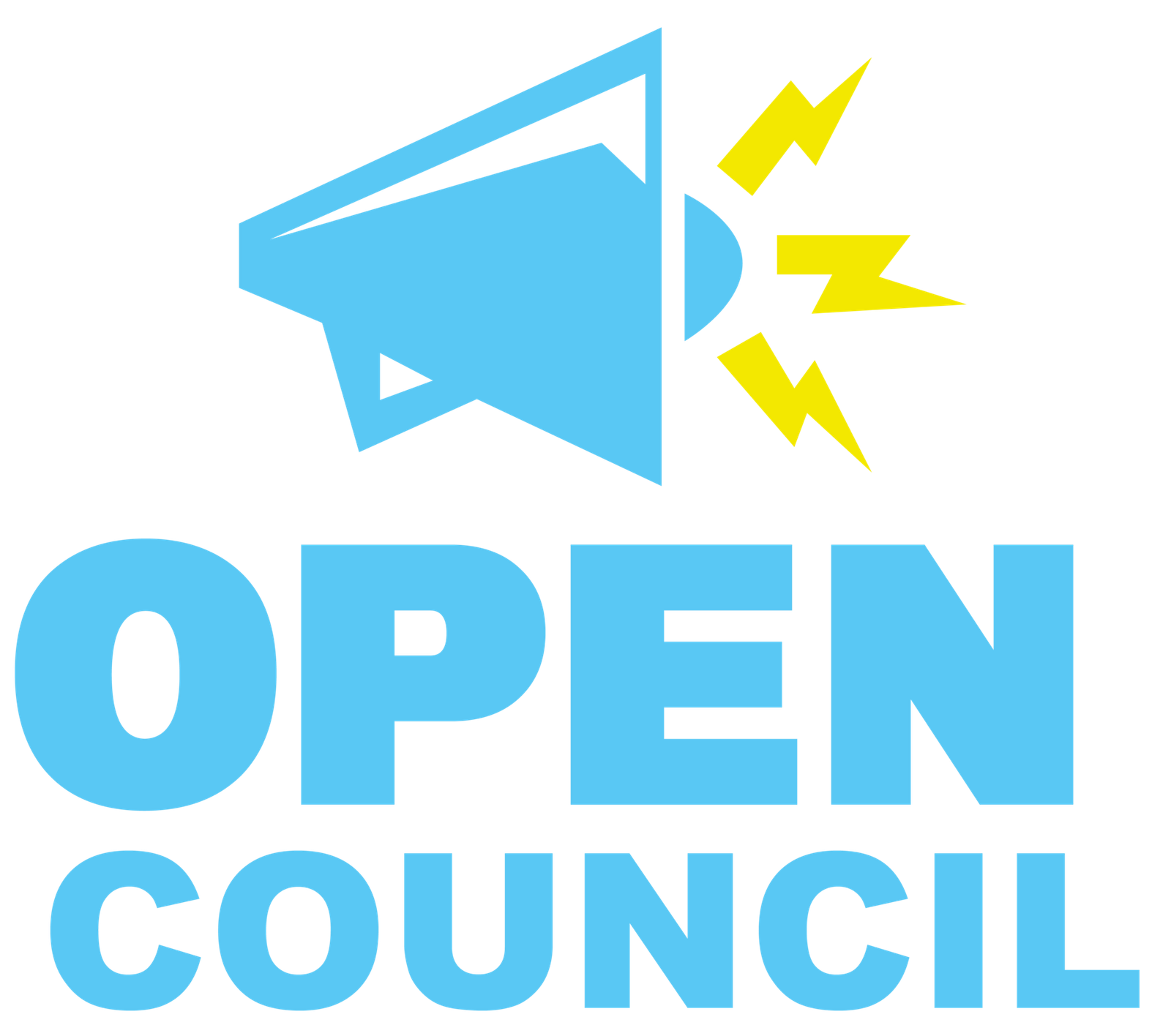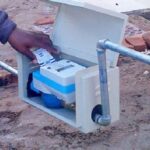By Correspondent
Over 72 percent of Harare residents are still struggling with their refuse, as the new private contractor, Geopomona, is failing to cover the capital city despite receiving US$3 million per month.
The commissioning of 45 new refuse collection trucks by President Mnangagwa in June has also failed to make a difference.
Details of the challenges, initially contained in the Harare Master Plan, were corroborated by Harare Ward 41 Councillor Kudzai Kadzombe.
Kadzombe says she has had to write to the company over resident complaints.
“I have requested a meeting with the Geopomona team after numerous complaints from residents about areas/houses and roads being skipped.
Harare City Council states that the poor collection poses a danger to both residents and the environment.
“The poor collection of urban residential waste poses significant environmental, health, and economic challenges.
“Inadequate waste management systems lead to overflowing garbage bins, litter-filled streets, and uncontrolled dumping in unauthorised areas.
Council says, “this not only creates unsightly conditions but also attracts pests, contaminates water sources, and spreads diseases”.
In its Masterplan (2025-2045) statement Council says “the consequences of poor waste collection are far-reaching, affecting not only urban residents’ quality of life but also the overall sustainability and livability of cities.
Despite the entrance of Nguwaya’s Geopomona, Harare has conceded that it remains under-equipped to handle the ever-increasing waste generated by the increasing urban population and expanding industry.
Optimism From Geopomona
Geopomona Waste Management Chief Executive Officer Dilesh Nguwaya said the company is committed to implementing sustainable waste management solutions.
They have since rolled out a program to install public bins to avoid the creation of illegal dumpsites.
“This initiative is a direct response to the visible need for structured waste collection in high-traffic areas.
“We are not just placing bins, we are building a culture of environmental responsibility.”
He explained that the skip bins were aimed at reducing illegal dumping in Harare, especially in the Central Business District (CBD).
“We aim to reduce illegal dumping, improve hygiene, and help the City of Harare regain its clean image,” said Nguwaya.
Geopomona signed the controversial agreement with the City of Harare and the Local Government and Public Works Ministry.
The secret tripartite contract took effect on 25 November 2024 and will last for at least five years.
It means that the company, which enjoys strong links to the ruling elite, will pocket a minimum of US$162 million over the agreed period, at a mandatory US$2.7 million per month.


